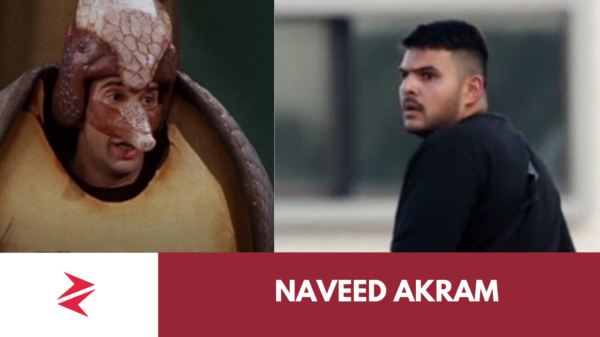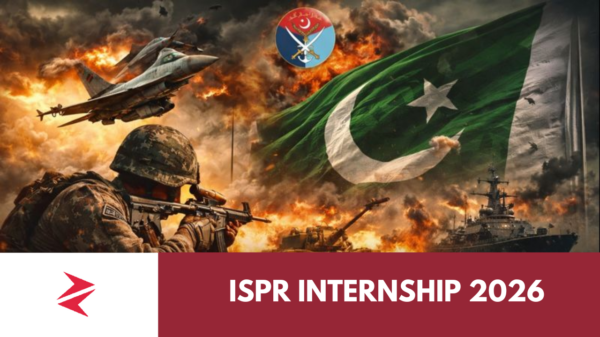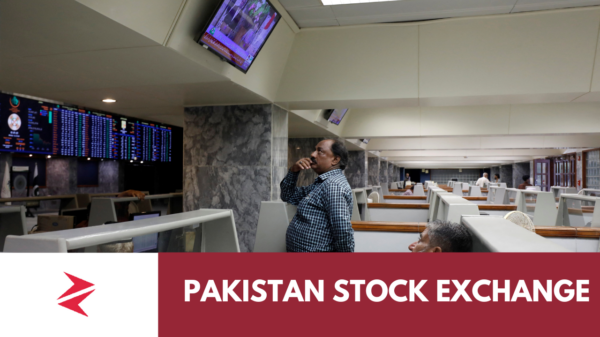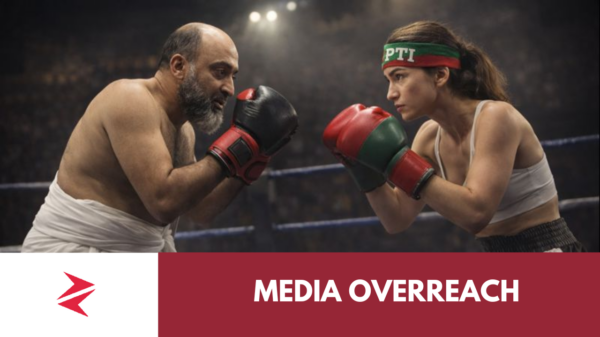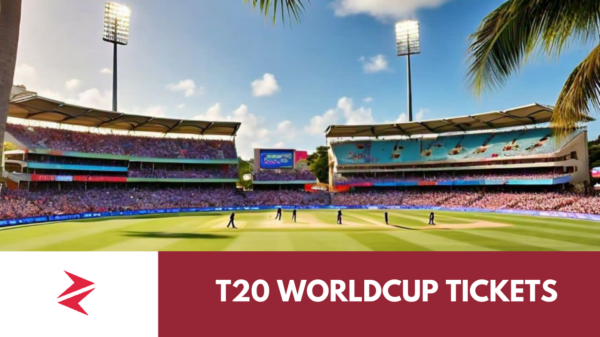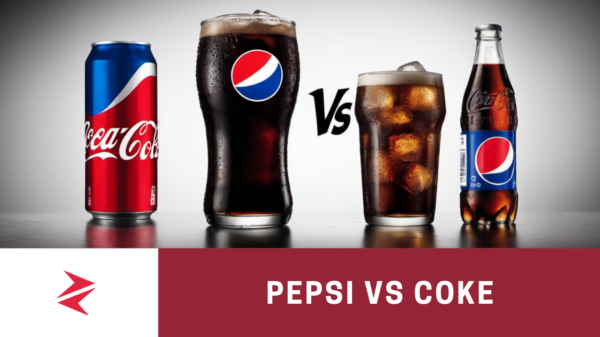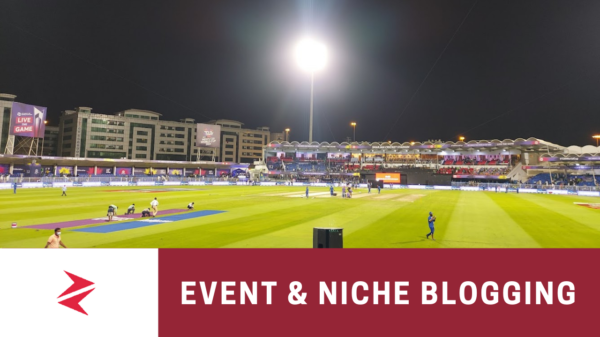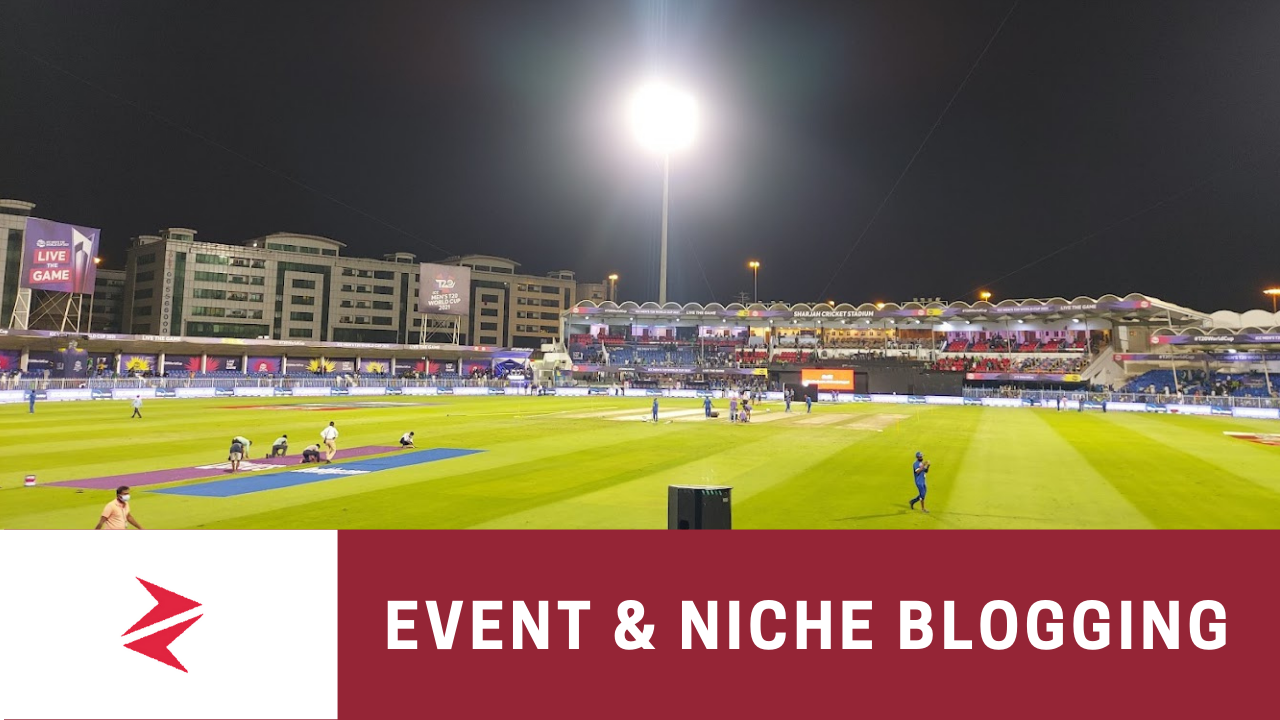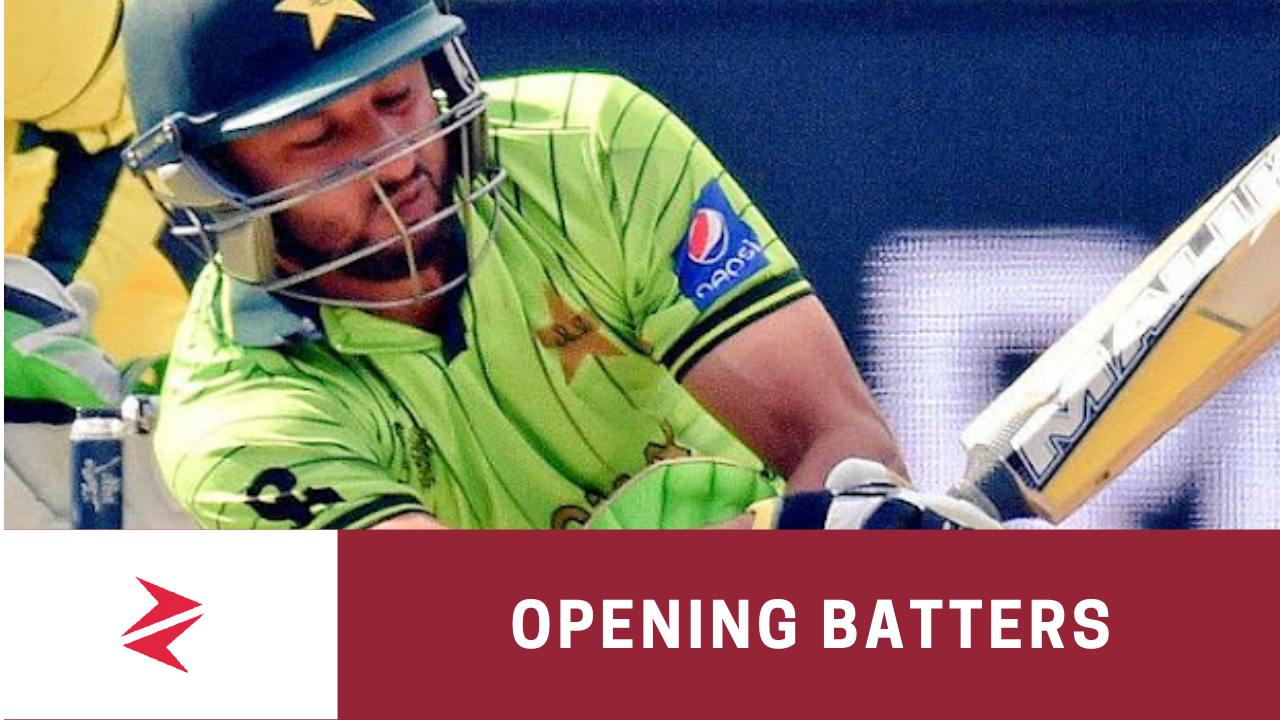Similarly, the projects, units, and housing colonies under the administrative control of Shaheen Foundation, which is a trust of the Pakistan Air Force, are:
Shaheen Airport Services
Shaheen Aerotraders
Shaheen Knitwear
Shaheen Complex, Karachi
Shaheen Complex, Lahore
Shaheen Medical Services
Hawk Advertising
Fazaia Welfare Education School System
SAPS Aviation College
Air Eagle Aviation Academy
Shaheen Welfare Housing Scheme, Peshawar.
I have changed my mind a little on this subject after going through certain paragraphs in the book “Pakistan—A Hard Country” by Anatol Lieven. Copying the relevant excerpts here:
“One of the chief objections raised against the Pakistani military is that they should not be involved in the commercial business on principle. This seems to be just another case of insisting that Pakistan rather selectively follow Western models. Since the 1990s, the Chinese military has divested itself of its formerly huge direct commercial holdings, but it has done so by spinning these off into independent companies run by retired officers – similar to those of the Fauji Foundation. The Chinese economic model is emerging as a serious rival to that of the West in Asia, so there is no particular reason why the Pakistani military should be judged according to Western patterns in this matter.”
“One of the most serious objections to the industries owned by the military: that the Fauji and Army Welfare Fund industries’ link to the state gives them unfair commercial advantages. It is true that the Welfare Fund has benefited from subsidies, but at least they appear to have been plowed back into its industries and not simply stolen, as has been the case with so many state loans to private businesses. Moreover, if the military businesses were deriving really massive competitive advantages from the state, it should be above all rival businessmen who complain, and in my experience, this is not the case.”
“It would also be quite unfair to see the role of ex-soldiers in society as chiefly the result of state patronage. As in some Western societies – but to a far greater extent – retired soldiers are also prized by private businesses and NGOs for the qualities of discipline, honesty, hard work, and indeed higher education that they have acquired during their military service – qualities which alas are not so common in wider Pakistani society.”
“As part of the effort to maintain strong morale, the Pakistani armed forces offer both high pay and excellent services – services that are good by world standards, not just the miserable ones of Pakistan in general. They offer these services not just to the soldiers and their immediate families, but to retired soldiers and the parents of soldiers. The effect has been to make military service very attractive indeed for many ordinary Pakistanis and to ensure a high quality of recruits. … The family aspect of the Pakistan military was illustrated for me by a visit to the Combined Military Hospital in Peshawar in July 2009 … The hospital and its seventy doctors provide important additional services to the horribly underfunded and overloaded civilian medical services of Peshawar … It was not just the equipment, but also the cleanliness and general atmosphere of the hospital that was striking after some of the truly ghastly state medical institutions I had visited Pakistan. … As the hospital commander, Brigadier Khalid Mehmood, in an interview on the same day, told me,
Social Hashtags:No tags for this post.

